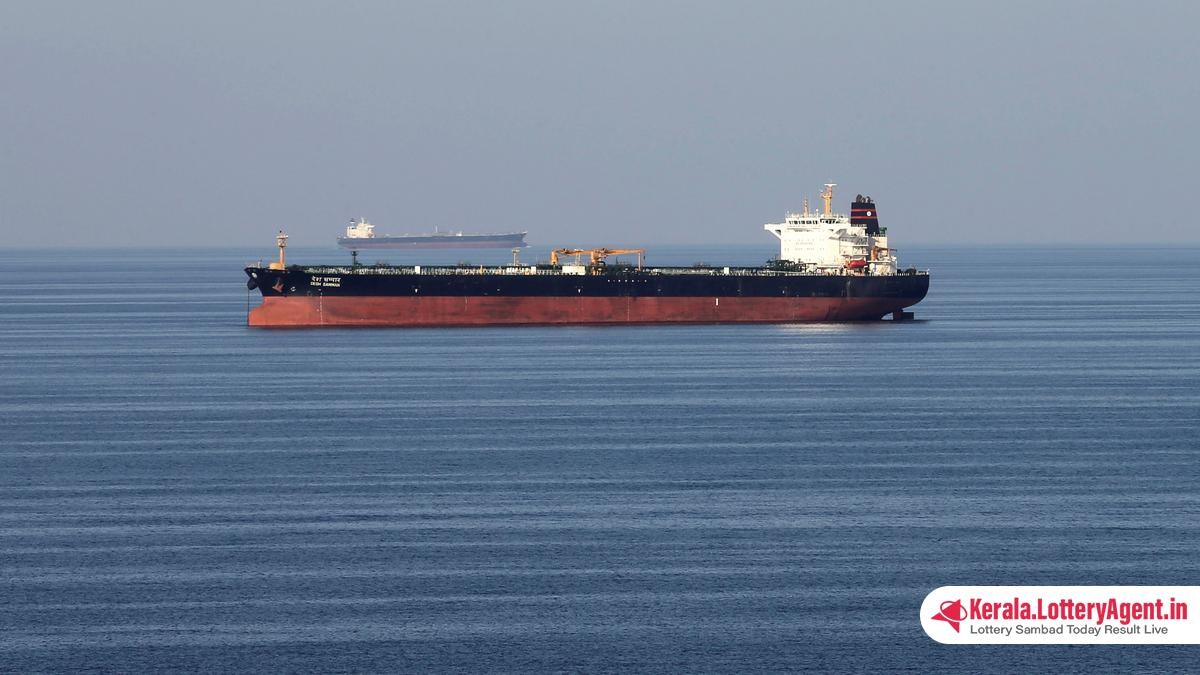
The global maritime industry braces for increasingly turbulent times as Middle East hostilities intensify, posing a threat to critical shipping routes and escalating supply chain disruptions. Experts gathered at the Singapore Maritime Week voiced their concerns about the potential repercussions of the conflict between Israel and Iran.
On April 13, Iran launched a barrage of 330 missiles and drones targeting Israel, a direct response to an earlier Israeli attack on April 1 against an Iranian diplomatic mission in Damascus, resulting in multiple casualties, including two high-ranking commanders. These actions have heightened fears among maritime professionals over the possible closure of the Persian Gulf, a crucial waterway in West Asia linking to the Gulf of Oman through the Strait of Hormuz – a vital choke point for global shipping.
Speaking at the kickoff of Singapore Maritime Week, attended by a contingent of over 10,000 delegates, an official underscored the latent risk of a total shutdown of the Persian Gulf. Despite this looming threat, there remains a glimmer of hope for de-escalation of tensions in the region.
Danish Sultan, the managing director of PacMarine Services in Singapore, outlined the dire financial implications of a potential conflict escalation. If key shipping routes like the Suez Canal become inaccessible, rerouting via the Cape of Good Hope would entail a staggering cost of $30 million per ship. The Suez Canal represents a crucial artificial sea-level waterway in Egypt, bridging the Mediterranean Sea with the Red Sea and serving as a pivotal gateway for maritime trade between Africa and Asia.
In this high-stakes environment, shipping industry professionals like Colin Er Wen-Jie, a director at the transport department of Sumitomo Mitsui Banking Corp, noted that shipping costs have soared to three to four times their pre-COVID levels. These financial pressures compound as the industry navigates the ongoing international conference.
The extended navigation times caused by route deviations are not negligible. Sanjay Verma, Wartsila’s director of Decarbonisation Solutions for Marine, emphasized that circumventing the Suez Canal by detouring around the Cape of Good Hope adds an additional 12-13 days to voyages. This increase in “tonne miles” is anticipated to precipitate further spikes in shipping costs and exacerbate pollution – undermining global efforts toward climate management by boosting fuel consumption.
Beyond the immediate logistical challenges, the situation has broader economic implications, as noted by Sanjiv Mishra, head of section at Date Centre Asia – Maritime of DNV. Commodity prices, including oil, are expected to surge. These predictions add urgency to the international community’s appeals for resolution and supply chain stability.
The shipping industry is at a crossroads, with the sourcing of commodities poised for a paradigm shift, according to Punit Oza, Founder of Maritime NXT Pte Ltd in Singapore. He predicts a pivot toward regional markets for supply importing countries, despite higher costs.
The ripple effects of the conflict could also prove beneficial for certain trade relationships, especially those involving Asia, due to increased delivery of high-value goods and the anticipated inflation of essential goods and food products. However, this silver lining is marred by challenges facing seafarers, as highlighted by Captain Pradeep Chawla, CEO and Founder of MarinePALS. The industry could face a severe manpower shortage as the threat of capture discourages sailors and potential new recruits from embarking on careers in shipping.
Ship owners are increasingly concerned for their vessels’ safety, which has prompted them to refocus efforts away from decarbonizing the industry and towards emergency response strategies. The Persian Gulf’s closure, coupled with other potential route blockages, could ironically benefit the United States as a net oil exporter due to rising oil prices.
As the Maritime Week continued, an anonymous oil industry executive forecasted a turbulent market ahead. The specter of war, while fervently hoped against, looms large over the shipping and shipbuilding industries, exerting immense pressure and uncertainty.
The international community remains on high alert as diplomatic efforts intensify to prevent the escalation of Middle Eastern violence, a region already facing tensions from Israel’s offenses in Gaza and ongoing confrontations with factions like Hezbollah. As the world watches on, the shipping industry navigates these perilous waters, hoping for peaceful resolutions to avert a full-scale trade catastrophe.












